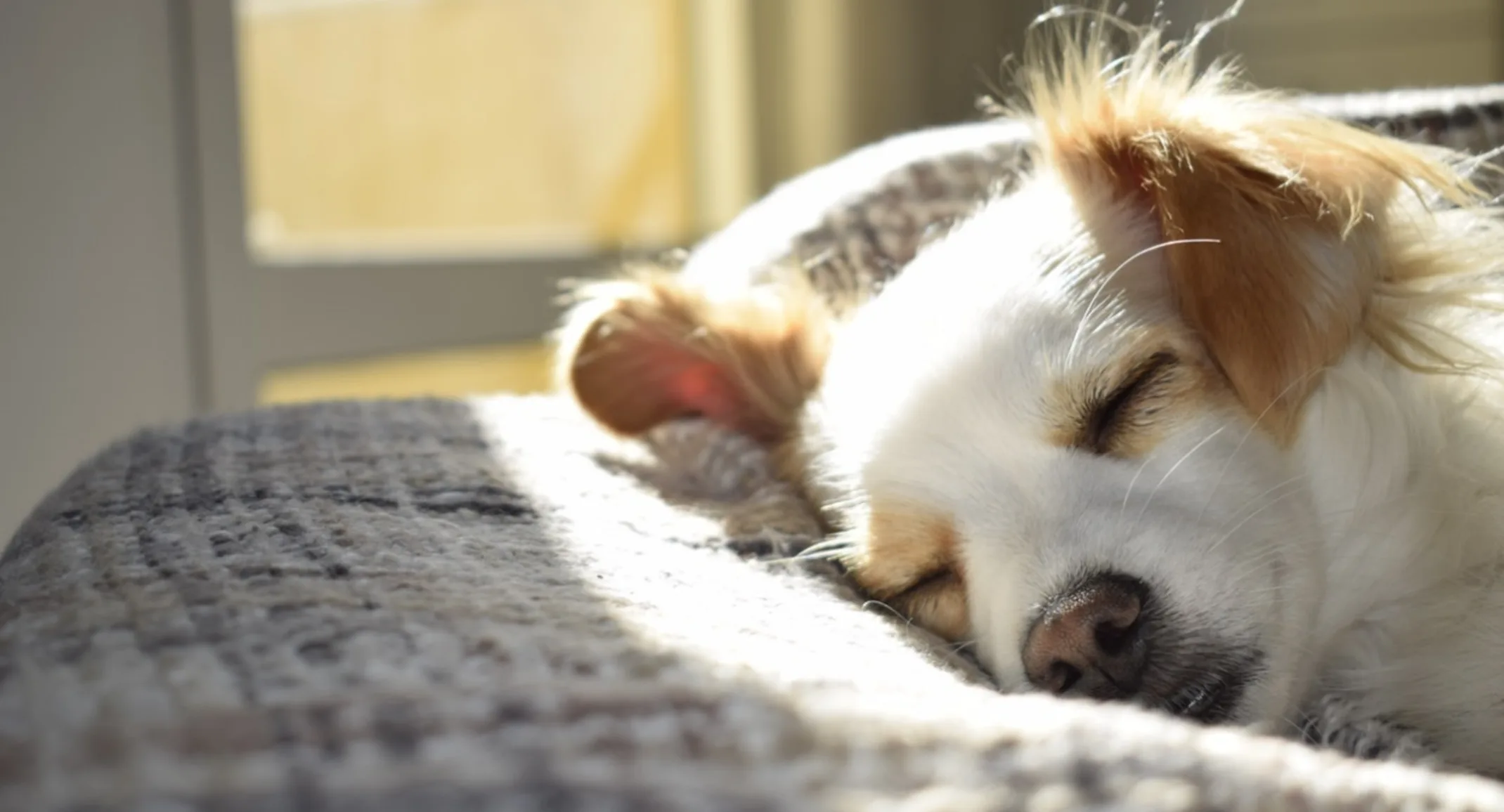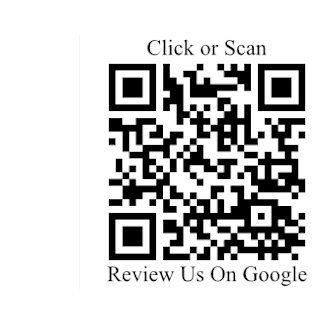Housebreaking Your Puppy
Puppy

The arrival of a new puppy is always an exciting time in a household. Housebreaking, however, all too often turns this excitement into frustration. By following the guidelines presented here, we feel that housebreaking will be more enjoyable for both you and your puppy.
The two main keys to successful housebreaking are attentiveness and regularity. Your puppy needs to be on a schedule for eating, sleeping and playing as quickly as possible. This schedule will help him to feel more comfortable and will make his elimination times more predictable. Puppies will need to eliminate after eating, sleeping and playing. Therefore, scheduling each of these activities and then following them by a bathroom break will help your housebreaking go more smoothly. This schedule should be adhered to daily, including weekends, at least until your puppy is trustworthy in your home.
In the beginning, you should always use the same area for your puppy’s bathroom. Trips to this area should be for business only. Take your pup there, on his leash, during all of his scheduled bathroom breaks and any other time he seems to need it. Repeating his name, followed by a phrase such as “go potty” or “hurry up” will help associate a command with the act of elimination. Only after the pup has completed his job will he be rewarded with lots of lavish praise (verbal, physical, treat). This praise should be INSTANTANEOUS and should not be delayed until coming back inside. You can then take your pup to his play area for some fun.
Your puppy should be fed on a regular schedule 2-3 times a day. He should be fed a high quality puppy food. Avoid grocery store and generic brands as they are mostly filler that will make your puppy need to eliminate more frequently. Pups should be fed as much as they will eat in 10-20 minutes and then the remaining food should be taken away until the next scheduled feeding. This feeding method will help avoid over-eating and will help your housebreaking training go more smoothly.
Schedule playtimes to be held both indoors and out. Attentiveness is the key both times because we want to associate the pup’s elimination habits with his particular bathroom area. Watch the puppy for cues that he needs to eliminate. These cues may include sniffing, circling and general restlessness. Every puppy is different, but by being attentive, you will soon learn your pup’s cues. When these occur, quickly get the puppy to his area and use your commands. After completing his job, he should get lots of praise, and then go back to playtime. In these situations, it is important that you do not make elimination the end point of playtime. If it is, the puppy will soon learn the longer he “holds it”, the longer he will get to play. Therefore, if the puppy eliminates during a play session or walk, it is important to finish that play session or walk as scheduled.
When you cannot be attentive to your puppy, he should be confined to a crate or other enclosed area. Dogs are naturally very clean animals, and even very young puppies will do their best to keep their dens clean. Crates can be purchased in most pet and discount stores or borrowed from a neighbor. The crate should not be too large; it should only be large enough to stand up, turn around and lie down again. A large crate can be made smaller by using a cardboard box to occupy space in the crate. As the puppy grows, smaller boxes can be substituted and eventually eliminated. The crate should be set up in a relatively social area and should be a special place for the puppy to go to play with his toys or just to get away for awhile. The crate should never be used as confinement for punishment. It is also important that the puppy not be confined longer than he is capable of holding it. Young puppies can not be expected to go more than three to four hours without eliminating. This can be expanded as the pup gets older and is more capable. If the pup is left too long and is forced to use the crate for elimination, it will quickly lose its usefulness as an elimination deterrent.
With all this said, you must remember that accidents will happen. There are two ways to deal with them when they occur. First, if you catch the puppy in the act, quickly and sternly shout “NO!” and whisk him out to his bathroom area. Keep him there, urging him with the command you have chosen until he has completed his business. Then, follow with lots of praise. Secondly, if you do not catch him in the act, its shame on you, not the puppy! Punishment after the fact is not going to help. Puppies do not have the ability to associate delayed punishment with previous acts. Correction, just as with praise, must be INSTANTANEOUS. Therefore, rubbing the pup’s nose in his accident, hitting him, or yelling at him after the fact is only going to make him afraid of you. The best thing for you to do is thoroughly clean up the area with a product designed especially for pet odors (look for the term “enzymatic” or “breaks down odor molecules”) Do not let the pup see you clean up the mess; he will mistake your interest in it for fascination and will likely repeat the incident to “please” you! If you need to, count to ten to help yourself calm down and then promise yourself to be more observant next time.
We hope this will help the “puppy days” in your household to go a bit more smoothly. For answers to more of your puppy questions, there are many excellent books available to help you. Now go have some fun with your new puppy!

